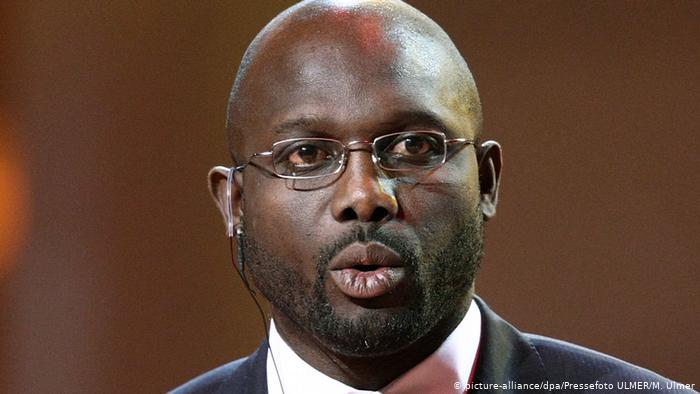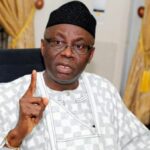Liberians vote for a new president on Tuesday in a tight run-off between President George Weah, an ex-international football star, and political veteran Joseph Boakai.
The United Nations has urged all parties “to contribute to a peaceful environment”, in the first elections since peacekeepers left the civil war-ravaged West African country.
Weah, 57, and Boakai, 78, finished neck and neck in the first round of voting on October 10. Neither could get an absolute majority.
Campaigning for the run-off has been low-key, with each side scrambling to secure endorsements from the 18 contenders who lost in the first round.
- Investigation: Inside Nigeria’s deadly medical quackery business
- How can NNPC and Niger State Plant 1 billion trees? Here are 3 proven models
Observers anticipate a close-fought rematch of the 2017 second round when Weah easily beat Boakai with 61.5 per cent against 38.5 per cent.
Weah was only marginally ahead last month, with 43.83 per cent to Boakai’s 43.44 per cent.
“The run-off between Boakai and Weah will be very tight,” Lawrence Yealue, who runs the civil society group Accountability Lab Liberia, said.
Weah entered politics after a career as a striker for top-flight European teams and is popular among Liberia’s largely young population.
He is the only African to win football’s most prestigious individual award, the Ballon d’Or, in 1995.
Raised in the Monrovia slums, he was largely absent from Liberia during the 1989-2003 civil wars which left more than 250,000 people dead.
Some voters complain he has failed to tackle corruption and improve life for the poorest amid rising prices and shortages of basic necessities.
“Our economic system has broken down, the sellers are more than the buyers. Our health facilities have broken down, our educational system has broken down,” Shad Foster, 33, from Monrovia’s Duazon neighbourhood, told AFP.
If Weah wins a second term, he said he feared that “things will be worse”.
Tough time
Boakai was vice president from 2006 to 2018 under Ellen Johnson Sirleaf, Africa’s first elected female president. He has held various state and oil industry jobs.
He says his Unity Party wants to rescue the country from poor governance and corruption.
Boakai has pledged to improve infrastructure, invest in agriculture and restore the image of the country, still recovering from 14 years of conflict and an Ebola epidemic.
More than a fifth of the population survives on less than $2.15 a day, according to the World Bank.
“We are engaging the people from towns, cities and villages and we can see that our message is resonating,” his party’s Abel Plackie told AFP.
Boakai has formed alliances with local political leaders, including ex-warlord and now senator Prince Johnson, who supported Weah in 2017 and enjoys strong support in his native northeastern Nimba County.
But with two-thirds of Liberians aged under 25, detractors say Boakai’s age is a hindrance.
Post-vote fears
International observers praised the smooth conduct of the first round of voting, despite fears of post-election violence.
During the campaigning period, clashes had erupted between supporters of the ruling party and the opposition, leaving several people dead.
While voter turnout in the first round topped 78 per cent, described by the electoral commission as “historic”, voter fatigue is now a risk.
“We see a lack of interest in a lot of voters, and from our engagements, we have heard people who voted in the first round saying they will not vote,” Yealue, of Accountability Lab Liberia, said.
By law, results must be released within 15 days but could be sooner.
Weah says he wants more time to complete the development plans of his Coalition for Democratic Change.
His administration has won praise for paying exam fees for secondary students, connecting more homes with electricity and building roads.
“Education, health and electricity, George Weah is doing well in those areas,” Emmanuel Johnson, 35, told AFP, adding he was less impressed, however, with some officials within Weah’s administration.

 Join Daily Trust WhatsApp Community For Quick Access To News and Happenings Around You.
Join Daily Trust WhatsApp Community For Quick Access To News and Happenings Around You.


